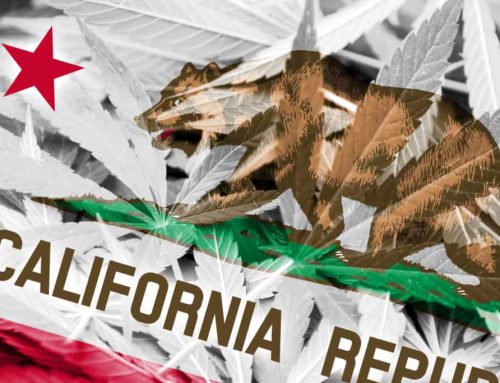Navigating the Complexities of Cannabis Payments: A Debit and Credit Card Conundrum
LOS ANGELES- In the rapidly expanding cannabis industry, where legality varies from state to state and the federal government maintains its stance against cannabis, the landscape of payment processing remains fraught with challenges. Among the many hurdles facing cannabis businesses, the inability to accept credit and debit card payments stands out as a significant barrier to their growth and financial stability.
The cannabis industry in the United States has experienced exponential growth in recent years, with more states legalizing medical and recreational cannabis use. However, despite these advancements at the state level, cannabis remains illegal under federal law, classified as a Schedule I controlled substance. This federal illegality creates a host of complications for cannabis businesses, particularly in the realm of financial transactions.
One of the most pressing issues facing cannabis dispensaries, cultivators, and other related businesses is the difficulty in obtaining banking services and processing electronic payments. Traditional financial institutions, including banks and credit card companies, are governed by federal regulations and face significant legal and regulatory risks by engaging with cannabis-related businesses. As a result, many financial institutions have been hesitant to provide services to the cannabis industry, including basic banking facilities and payment processing capabilities.
The lack of access to traditional banking services has forced many cannabis businesses to operate primarily in cash, presenting numerous challenges and safety concerns. Cash-based transactions make businesses vulnerable to theft, increase the risk of accounting errors, and hinder their ability to track and manage finances effectively. Moreover, the cash-only nature of cannabis transactions can also impede efforts to ensure regulatory compliance and transparency in the industry.
While some innovative solutions have emerged to address the payment processing needs of cannabis businesses, such as specialized cannabis banking services and digital payment platforms, the issue of credit and debit card payments remains largely unresolved. Despite the growing acceptance of cannabis at the state level and the increasing legitimacy of the industry, major credit card networks like Visa and Mastercard continue to prohibit the use of their cards for cannabis-related transactions due to federal restrictions.

The reluctance of credit card companies to facilitate cannabis payments stems from their compliance obligations and risk management considerations. By adhering to federal regulations and maintaining strict anti-money laundering protocols, these companies aim to mitigate the potential legal and financial repercussions associated with processing payments for a federally illegal substance. As a result, cannabis businesses are effectively shut out from accessing mainstream payment networks, limiting their ability to compete in the broader retail market and forcing them to rely on cash transactions or alternative payment methods.
The impact of the cash-only nature of the cannabis industry extends beyond individual businesses and consumers. It also affects ancillary service providers, such as landlords, suppliers, and utility companies, who may be hesitant to engage with cannabis businesses due to concerns about handling large volumes of cash or potential legal implications.
The ongoing challenges surrounding cannabis payments highlight the urgent need for regulatory reform and federal legalization to bring clarity and stability to the industry. While some progress has been made at the state level to establish regulatory frameworks and support the legitimate operations of cannabis businesses, the lack of federal recognition and guidance continues to hinder the industry’s growth and development.
In the absence of federal action, stakeholders in the cannabis industry must continue to explore alternative payment solutions and advocate for policy changes that promote financial inclusion and transparency. Initiatives such as the Secure and Fair Enforcement (SAFE) Banking Act, which aims to provide legal protections for financial institutions serving cannabis businesses, represent important steps towards addressing the banking and payment challenges facing the industry.
As the cannabis industry continues to evolve and expand, finding viable solutions to the payment processing conundrum will be essential for ensuring its long-term sustainability and success. By addressing the regulatory barriers and fostering greater collaboration between government agencies, financial institutions, and industry stakeholders, we can create a more inclusive and resilient financial ecosystem that supports the growth and legitimacy of the cannabis industry.




































